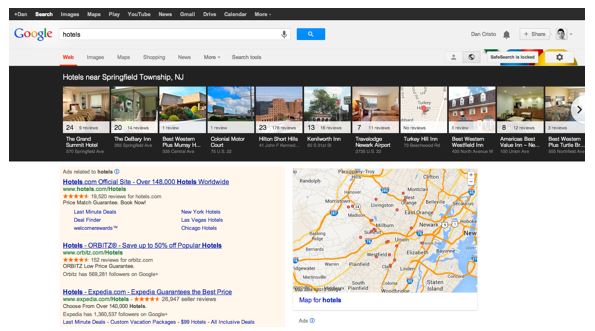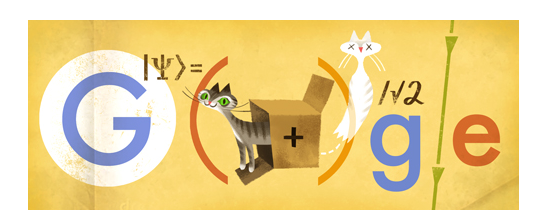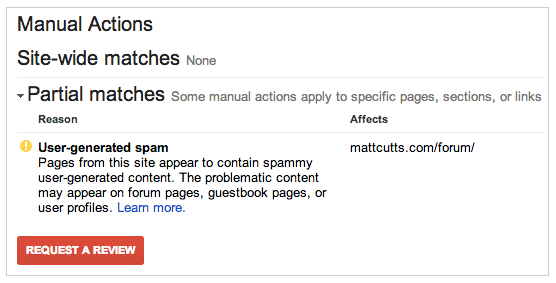 PageRank has long been the go to tool for an instant look at a website’s credibility. Basically, the higher the number (1-10 scale) then the higher the trust and therefore quality of the website. That’s not to say this isn’t a flawed metric though, far from it.
PageRank has long been the go to tool for an instant look at a website’s credibility. Basically, the higher the number (1-10 scale) then the higher the trust and therefore quality of the website. That’s not to say this isn’t a flawed metric though, far from it.
New websites always have no PageRank. That’s not to say it starts at 0, it starts at n/a. Completely without a PageRank. You then have to build the trust of Google in your website by adhering to it’s stringent, if ambiguous, Website Quality Guidelines. You can do this by various ways with the two most popular being link building and producing fresh quality content.
If Google see’s your website is getting a lot of links then it will know that that website is worth linking to. These links could be directories, blogs, press releases or anything with a link to your website. The most organic of these is to attract links by publishing great content. Great content will get shared all over every social media channel, as well as be the subject of many other blog posts.
So is it dead?
Technically, no. But technically the Isle of Man could still be at conflict with Germany over WWI. So that’s not really saying much. But in reality, Google hasn’t updated PageRank for over 6 months now. The last update was in February 2013. That means that any site created after Feb 2013 won’t have a PageRank. Even though the website could have established itself in Google, risen to the top of the rankings and become a market leader.
So who’s to say that it isn’t dead if that can happen?
What do you think?
Blog Post by: Greg McVey









